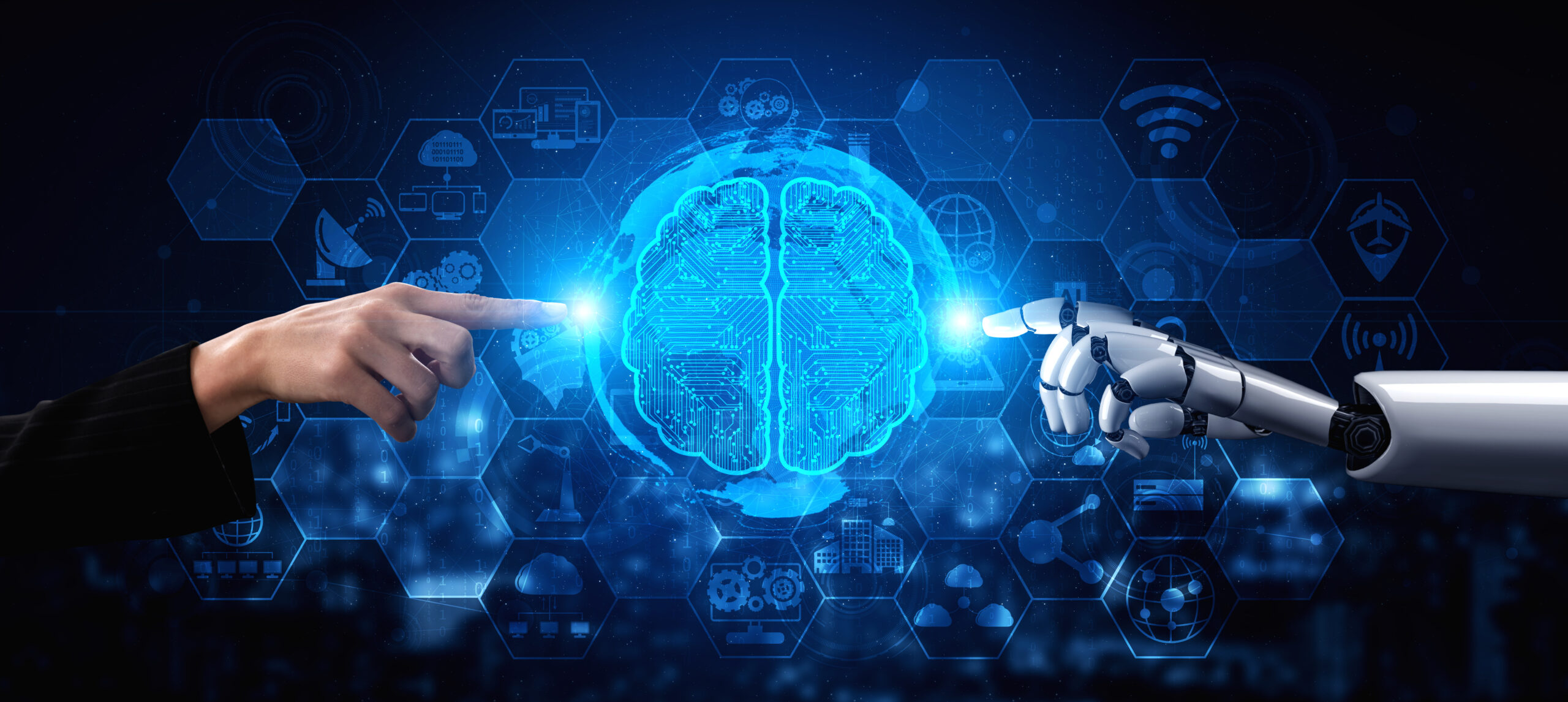Microsoft, OpenAI Face Copyright Lawsuit Over AI Encroachment

In a move that underscores the deepening legal entanglements of artificial intelligence (AI) in creative domains, a coalition of nonfiction authors has launched a lawsuit against Microsoft and OpenAI. The plaintiffs, led by Julian Sancton, contend that the tech behemoths have leveraged their AI Chatbot GPT tool to replicate extensive literary works without proper authorization.
The case, filed in federal court in Manhattan, puts the spotlight on the intricate and often opaque relationship between Microsoft and OpenAI. The partnership has yielded significant advancements in AI, typified by the GPT models that have transformed how machines understand and generate human language. This relationship was recently highlighted by the departure and subsequent return of OpenAI’s former CEO Sam Altman to lead a new artificial intelligence research team at Microsoft, illustrating the blurred lines between the two entities.
At the heart of the lawsuit is a fundamental question: Can the digital reproduction of copyrighted texts for AI training constitute infringement? The authors argue that the business empire erected by OpenAI and Microsoft, now valued in the tens of billions, stands on the shaky ground of uncompensated use of their copyrighted works.
The case follows a wave of legal actions as authors grapple with AI’s burgeoning role in content creation and the implications for intellectual property rights. While the outcomes of these suits could set significant precedents for the future of AI development, they also reflect a growing tension between the pace of technological innovation and existing copyright frameworks.
Sancton’s legal challenge seeks damages and aims to spotlight the labor and investment authors pour into their work — a commitment that the plaintiffs feel is being commodified without due credit or compensation. The lawsuit’s filing resonates with a broader narrative of concern among creators, who fear that their creative outputs are being absorbed into AI models without recognition or remuneration.
The legal proceedings against Microsoft and OpenAI underscore a critical juncture for AI and copyright law. As the courts deliberate on this matter, the outcomes could influence how AI companies approach the use of copyrighted material and potentially reshape the landscape of digital content and its creation.
This situation places Microsoft and OpenAI at the center of a contentious debate that pits innovation against tradition, automation against human labor, and the future against the established order. With the lawsuit underway, the tech industry and creative communities await a resolution that will undoubtedly have far-reaching implications for the evolution of AI and the protection of intellectual property.
























